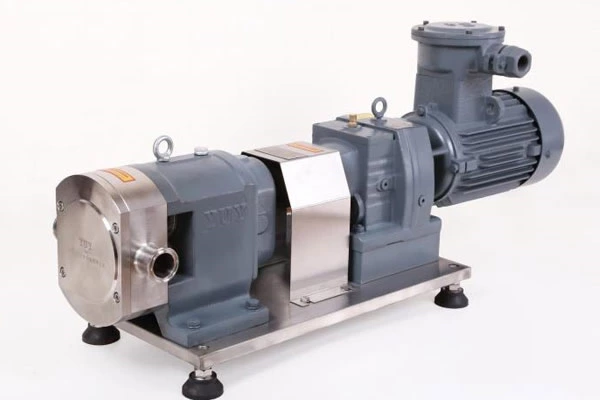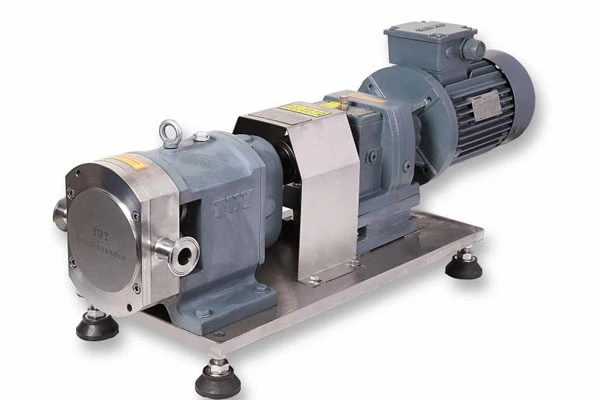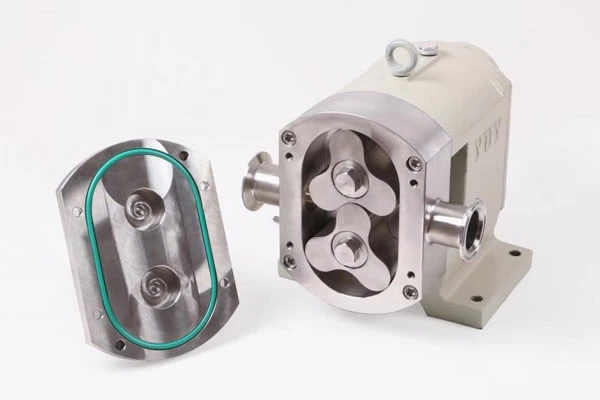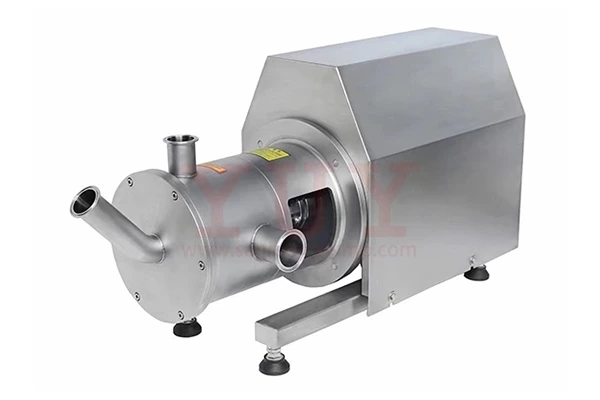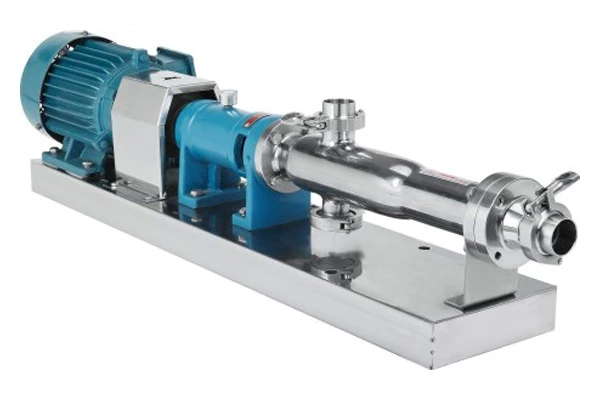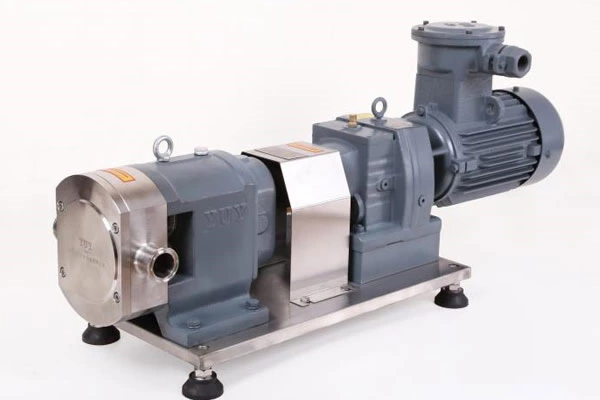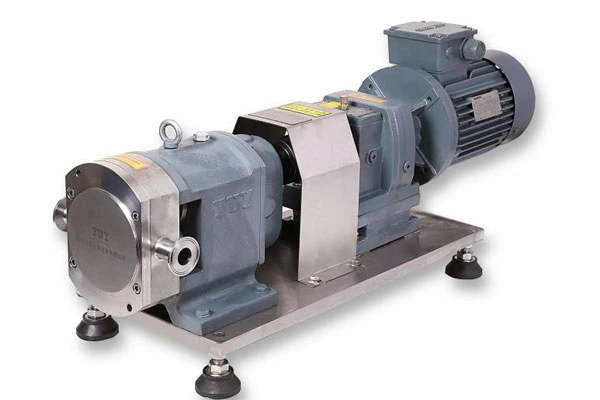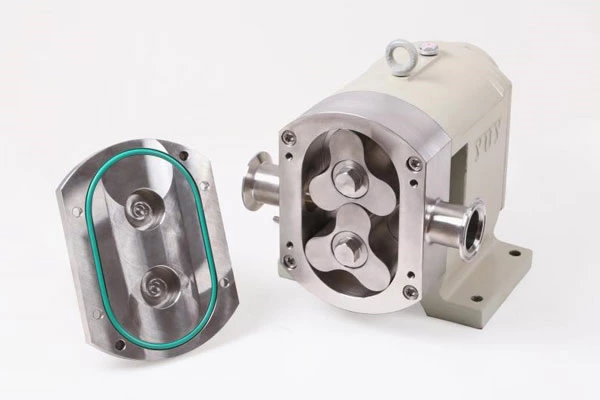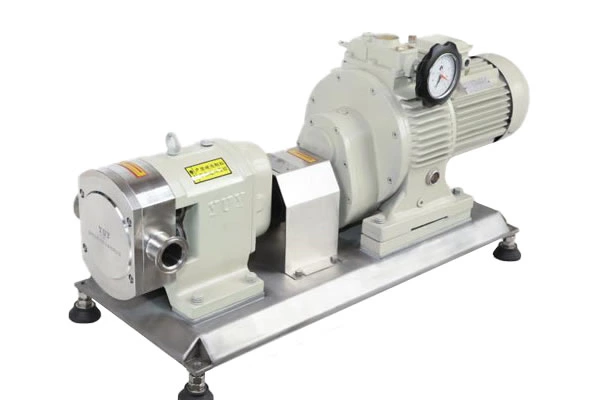How To Choose The Manufacturing Material Of Chemical Pump
According to relevant statistics, about 60% of the damage to Sanitary Rotary Lobe Pump is caused by corrosion. Therefore, when selecting a chemical process pump, we must first pay attention to the scientific selection of materials. There is usually a misunderstanding that stainless steel is a "universal material". Stainless steel pumps are used regardless of the medium and environmental conditions. This is very dangerous.
1) Sulfuric acid, as one of the highly corrosive media, is an important industrial raw material with a wide range of uses. Sulfuric acid of different concentrations and temperatures has a large difference in the corrosion of materials. For concentrated sulfuric acid with a concentration of more than 80% and a temperature of less than 80°C, carbon steel and cast iron have good corrosion resistance, but it is not suitable for high-speed sulfuric acid chemical process pumps, and is not suitable for use as materials for chemical process pumps; ordinary stainless steel such as 304 (0Cr18Ni9) and 316 (0Cr18Ni12Mo2Ti) are also limited in use for sulfuric acid media.
Therefore, chemical process pumps for conveying sulfuric acid are usually made of high-silicon cast iron (difficult to cast and process) and high-alloy stainless steel (No. 20 alloy). Fluoroplastics have good resistance to sulfuric acid, and the use of fluorine-lined chemical process pumps (F46) is a more economical choice.
2) Hydrochloric acid Most metal materials are not resistant to hydrochloric acid corrosion (including various stainless steel materials), and molybdenum-containing high silicon iron can only be used for hydrochloric acid below 50°C and 30%. In contrast to metal materials, most non-metallic materials have good corrosion resistance to hydrochloric acid, so lined rubber pumps and plastic chemical process pumps (such as polypropylene, fluoroplastics, etc.) are the best choices for conveying hydrochloric acid.
3) Nitric acid Most general metals are quickly corroded and destroyed in nitric acid. Stainless steel is the most widely used nitric acid-resistant chemical process pump material, and has good corrosion resistance to nitric acid of all concentrations at room temperature. It is worth mentioning that molybdenum-containing stainless steel (such as 316, 316L) is not only not better than ordinary stainless steel (such as 304, 321) in corrosion resistance to nitric acid, but sometimes even worse. For high-temperature nitric acid chemical process pumps, titanium and titanium alloy materials are usually used.
4) Acetic acid It is one of the most corrosive substances in organic acids. Ordinary steel will be severely corroded in acetic acid of all concentrations and temperatures. Stainless steel is an excellent acetic acid-resistant chemical process pump material. Molybdenum-containing 316 stainless steel can also be used for high temperature and dilute acetic acid vapor. For demanding requirements such as high temperature and high concentration acetic acid or other corrosive media, high alloy stainless steel chemical process pumps or chemical process pumps made of fluoroplastics can be selected.
